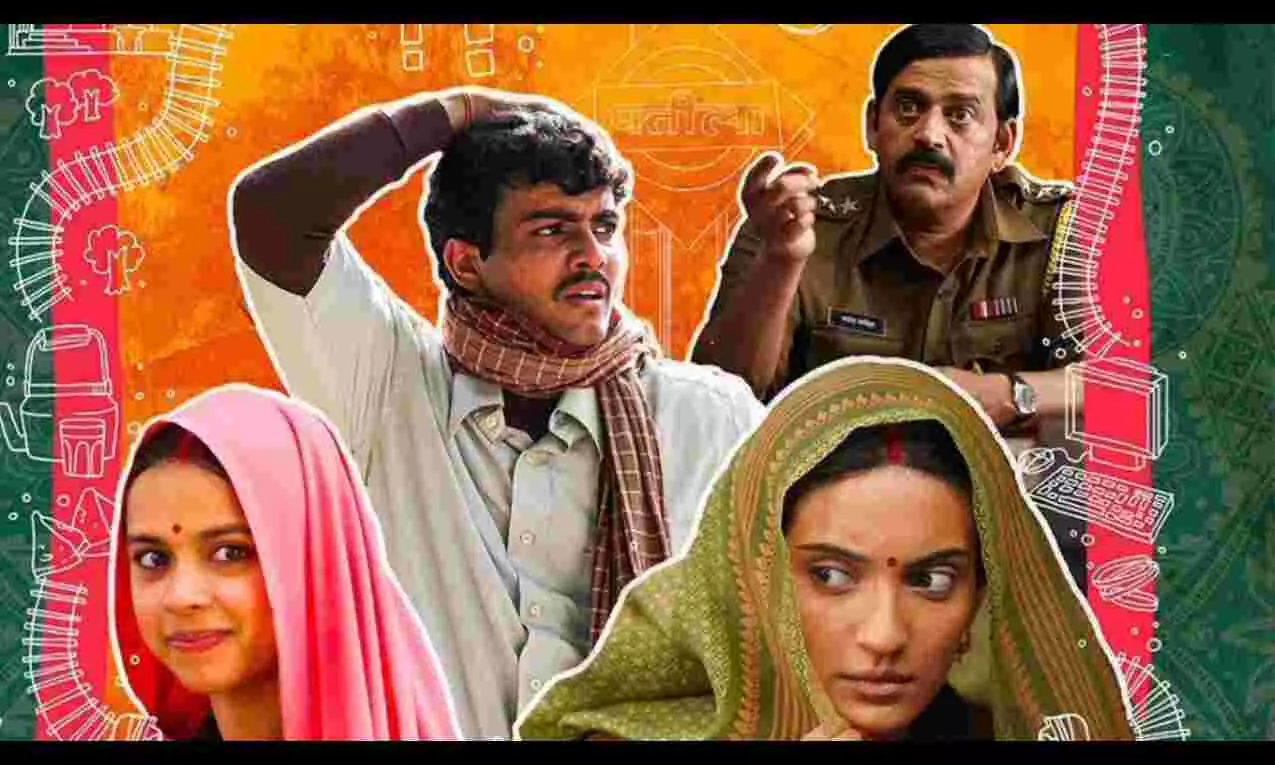By women, for women
It’s about how the ‘lost’ brides in ‘Laapataa Ladies’ empower themselves

When Sandeep Reddy Vanga’s ‘Animal’ hit theaters, it ignited a storm of controversy surrounding its perceived glorification of toxic masculinity and the degradation of women’s dignity. Numerous critics have lamented that even zoo animals are treated with more respect than the female characters in Vanga’s films. Despite these criticisms, ‘Animal’ defied expectations, running successfully for over 40 days and raking in Rs 900 crore globally.
The film’s impressive box office performance raises questions about the audience’s reception and the commercial success of content criticised for regressive themes and toxic male protagonists. However, amidst these discussions, one can’t help but wonder how many have taken the time to experience Kiran Rao’s latest directorial venture, ‘Laapataa Ladies’ in the theatres.
In a cinematic landscape where ‘Animal’ has been divisive, ‘Laapataa Ladies’ emerges as a potential counterpoint. Rao’s directorial finesse and storytelling prowess offer a refreshing take on women’s narratives. Instead of perpetuating regressive norms, ‘Laapataa Ladies’ strives to empower its female characters and challenge societal expectations.
A comedy of errors starring a bunch of fresh faces, including Nitanshi Goel, Pratibha Ranta and Sparsh Shrivastava, the film begins with a mix-up involving two brides. It’s set in 2001, when mobile phones were just starting, in a made-up place called Nirmal Pradesh. Both brides were raised to be wives, but they also have their own thoughts and voices.
The new brides in the story wear ‘ghoonghats’, covering their faces and allowing them to only see men’s shoes. Interestingly, both ‘lost’ brides discover empowerment in their new lives and their ‘ghoonghats’ are still there.
Phool (Nitanshi) feels strong when she works at a station tea shop and earns her first salary. On the other hand, Pushpa Rani (Pratibha) finds her voice through her knowledge of organic farming. Phool finds happiness in her husband’s love, while Pushpa Rani sees marriage as a barrier to her dreams. When their paths cross, they’ve empowered themselves and are in control of their lives.
The movie sheds light on misogyny through characters like Pushpa Rani’s husband, Pradeep (Bhaskar Jha) and the police officer portrayed by Ravi Kishan. However, at its core, it carries a powerful feminist message that surpasses the instances of misogyny, making it a cinematic masterpiece in terms of storytelling. While the message is sometimes loud, the film ultimately delves into the authentic empowerment of women. This is a departure from instances in other films, like Geetanjali’s (Rashmika Mandanna in ‘Animal’) act of slapping a toxic character portrayed by Ranbir Kapoor, often hailed as empowerment but lacking the nuanced depth found in Rao’s recent big screen outing.
On International Women’s Day, let’s remember that women should always speak up, make choices that matter and shape their own destinies - just like the ‘lost and found’ brides in ‘Laapataa Ladies’.



